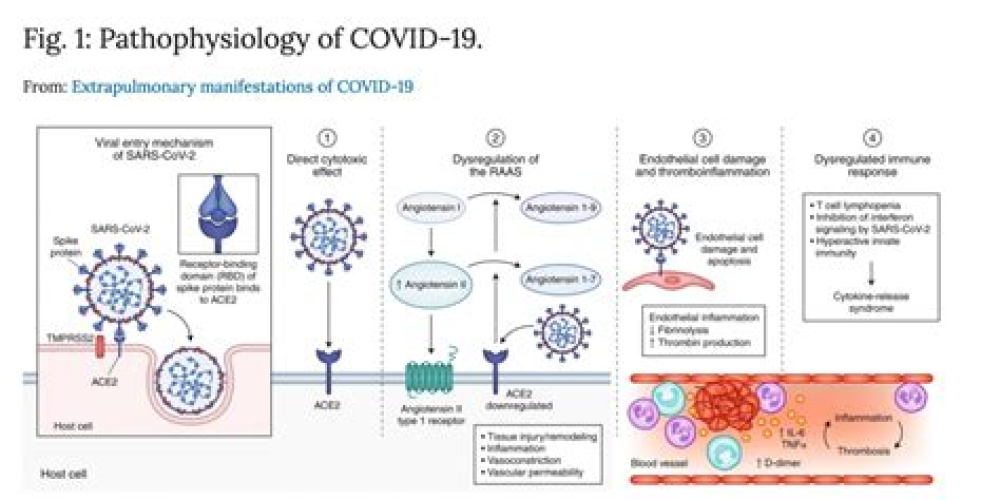Authors: Sarah C.P. Williams
A study of antibody-producing B cells from patients who recovered from COVID-19 reveals a new cross-reactive antibody and what makes some B cells more effective at neutralizing the virus.
Inside the body of a person with COVID-19, the immune system’s B cells are engaged in a full-scale battle with the SARS-CoV-2 virus. But some B cells are better at this than others. Now, scientists from the Broad Institute of MIT and Harvard, Massachusetts General Hospital, California Institute of Technology, Brigham and Women’s Hospital, and other institutions have for the first time described key characteristics of B cells that are effective at neutralizing, or inactivating, the SARS-CoV-2 virus and related coronaviruses.
The team studied blood samples from 14 people who recovered from COVID-19, and revealed distinct patterns of gene expression in B cells that produce antibodies that bind tightly to and neutralize SARS-CoV-2. They also discovered a new antibody, BG10-19, which neutralizes the virus, variants of concern such as ones first identified in the UK and South Africa, and the coronavirus that caused the 2003 SARS outbreak.
The findings, published today in Cell, could help scientists better understand why some people don’t respond as well to existing COVID-19 vaccines or therapies, a first step toward improving vaccines and treatments.
“By studying COVID-19 patients who recovered from the virus, we learned a lot about the body’s defense mechanisms. We found that not all B cells are the same, and that some are super antibody-producers. The findings offer insight into how to design antibodies that can neutralize several coronaviruses,” said Ramnik Xavier, co-senior author of the study, a core institute member at the Broad, director of the Klarman Cell Observatory and Immunology Program, co-director of the Infectious Disease and Microbiome Program, director of the Center for Computational and Integrative Biology at Mass General and a professor of medicine at Harvard Medical School. “This work was the result of an amazing multi-institutional collaboration involving caregivers, immunologists, computational biologists, and structural biologists.”
For More Information: https://www.broadinstitute.org/news/how-b-cells-fight-covid-19-virus
